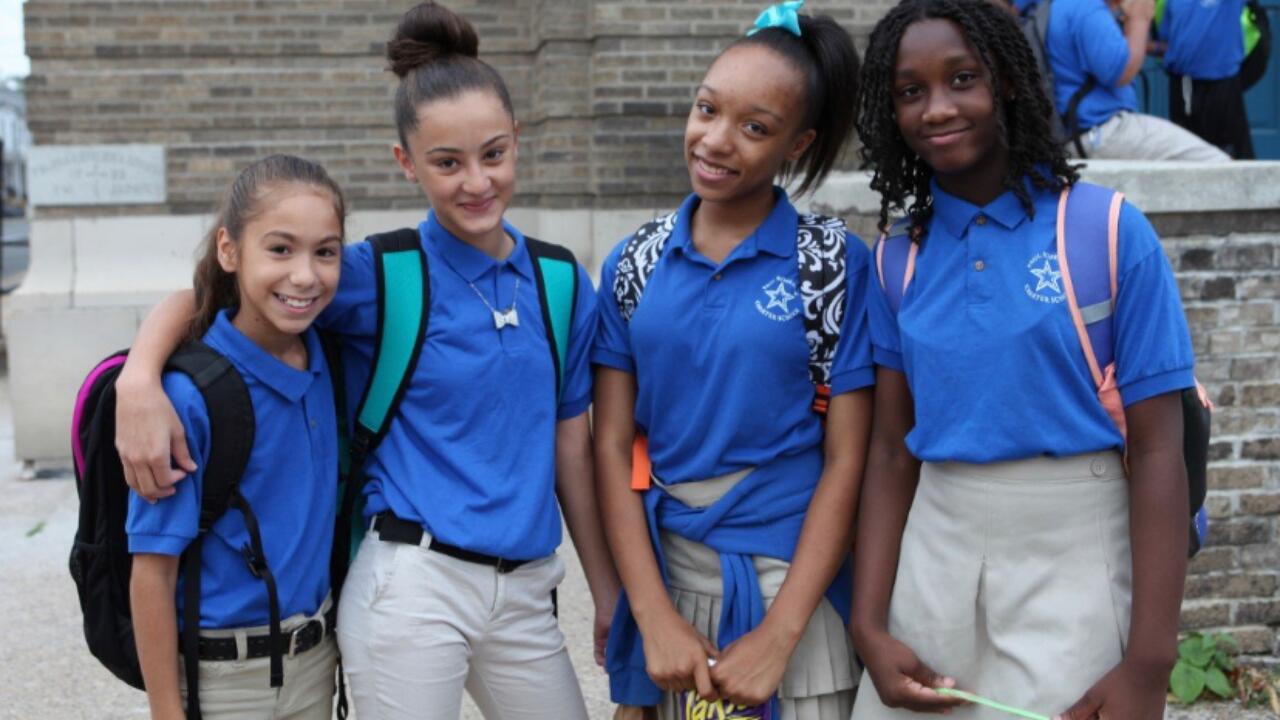
2022 Test Scores: Black and Latino Public Charter School Students Are Twice As Likely to Be At Grade Level
December 20, 2022
Murphy’s Education Department Releases ‘User-Unfriendly’ Test Scores Available to Those With ‘Significant Excel Knowledge’
December 20, 2022Special Education Advocates Underwhelmed by State Education Department’s Report
Marissa Sladek knew her son Christopher had fallen far behind when she bought him a copy of Jack London’s “The Call of the Wild.” The movie had opened just before the pandemic, and survival-themed fiction was his favorite.
Lockdown cut him off from literacy support he’d been receiving as a special education student. During remote learning, his autism and learning disabilities left him unable to navigate email or Google Meets. By the following year, when he entered the seventh grade, Christopher was reading near a third grade level.
“He could read the words,” his mother said, “but he couldn’t comprehend them.”
Sladek asked the Hillsborough Township Public Schools in central New Jersey about compensatory education — the term for a district’s duty to make up services when it fails to provide them to students with disabilities. By Sladek’s calculation, her son had lost about 8,000 minutes of instruction. The district initially offered a fraction of that amount — 300 minutes — and according to her complaint, an official said they weren’t going to “dwell on the past.” An attorney for the district emailed to say officials don’t “believe that Christopher is entitled to any compensatory education.”
This is the opening of an article by Linda Jacobson published last week by the 74 and the Guardian. Here Jacobson uses the experience of a seventh-grader with autism who attends Hillsborough, NJ public schools as an example of how school districts throughout the country have violated federal and state rights of students with disabilities. (Ms. Sladek and Christopher are pictured above, courtesy of the 74.)
Jacobson wrote her article before the New Jersey Department of Education finally released yesterday (after a shove by advocates and media) its first “annual” report by the special education ombudsman, who has actually been required to issue annual reports since 2016. Mary Ann Koruth of North Jersey Media showed it to an expert who said “it falls short of the intensive and in-depth analysis that is expected from a neutral and objective mediator looking at the needs of families of students with disabilities who suffered disproportionately during the pandemic’s disruptions.” Elizabeth Athos at the Education Law Center, which often advocates for families with special needs children, told Koruth,
Unfortunately, I am underwhelmed with the quality and usefulness of the recommendations provided. I would have expected the Ombudsman to drill deeper into the complaints received and identify whether disputes involve student needs for specialized reading instruction, inclusive education opportunities, behavioral supports or the like.
Par for the course with the state’s DOE: too little, too late, whether you’re referring to releases of state assessment data, guidance for districts during school closures, implementing new course standards for sexual education, or oversight on expenditures for Covid emergency aid.
Here are the seven primary complaints by parents of students with disabilities cited in the ombudsman report:
- Children with special needs were not adequately served during remote learning, especially children needing speech or occupational therapy, specialized instruction or counseling. Parents asked for increased access to teachers and longer hours for in-person services.
- The impact of shortened school days and remote learning on IEPs.
- Many parents of children with medically complex conditions preferred to extend remote learning during the pandemic, even after in-person school resumed.
- Parents were concerned about the effect of masking on children with disabilities, especially those with sensory and behavioral issues.
- There were delays in student evaluations because of pandemic-related disruptions, like building closures, inability of staff to perform evaluations and parents’ hesitation.
- Though the state added a year of compensatory education for students with disabilities, parents and advocates were concerned about how older teens, ages 18 to 21, would cope with transitioning out of school-based services as they began to age out.
- Parents expressed a need for reopening plans to prioritize the return of students with disabilities, and called for the state to provide compensatory teaching for periods when buildings were closed or during remote learning.




